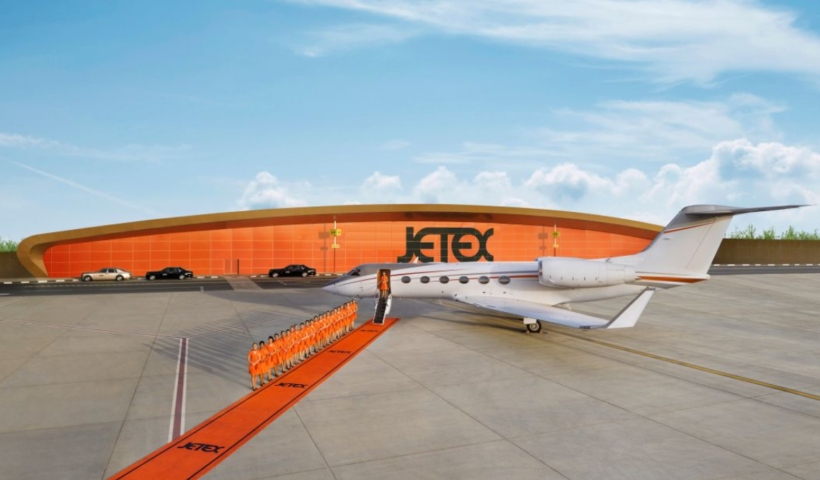Celebrities Poonam Dhillon, Divyanka Tripathi, and Vivek Dahiya are featured in the summer advertising campaign for Dubai Economy & Tourism, which highlights an action-packed family vacation! Dubai Economy & Tourism has announced amazing “Kids Go Free” offers at all of the city’s best hotels, hotspots, and attractions.
The season of summertime fun is back, and Dubai is inviting Indian families to visit the city for a break they won’t soon forget. The newest summer advertising campaign for Dubai’s Department of Economy and Tourism debuted with Poonam Dhillon, Divyanka Tripathi, and Vivek Dahiya as a celebrity couple.
The advertisement showcases the abundance of indoor and outdoor activities that families must partake in when visiting the location in order to create lifelong memories. The central theme of the movie is the importance of family ties as it unites three generations in an original plot. Poonam Dhillon portrays a likeable, sporty mother figure who ushers the audience into the multicultural city of Dubai.
Poonam Dhillon and her grandchildren are shown in the creative advertising video “Do you believe it?” as they eagerly recount their day of adventure-filled exploration of the modern metropolis in the sun. With eye-catching, vibrant images of a variety of activities, such as time travel in a shuttle spaceship at Museum of the Future and heart-pounding experiences like the Edgewalk experience at Sky Views.
After a hot air balloon ride to chase the clouds and a desert drive in vintage four-wheel drives, the day is finished at record-breaking speeds on the Storm Coaster.
In discussing the campaign, Bader Ali Habib, Head of South Asia, Dubai Department of Economy and Tourism, said: “With increasing demand for family-friendly experiences among Indian tourists, we seek to promote Dubai’s broad spectrum of services for all travelers, no matter what time of year. With the onboarding of outbound Indian travelers this summer, we hope to highlight the city’s distinctive offerings and draw tourists of all ages, making it an interesting summer vacation destination. This campaign will be launched in India, and we’re excited to see what Indian family tourists will think of it immense value., as they continue to cure their summer itineraries.
Dubai’s Department of Economy and Tourism (DET) is charged with assisting the Government in positioning the emirate as an important transportation hub for global economy and tourism and in raising the city’s economic and tourism competitiveness indicators. The ultimate goal is to make Dubai the world’s leading commercial center, investment hub, and tourist destination. Under this mandate, DET is leading initiatives to further develop Dubai’s innovative, service-based economy in order to draw top talent from around the world, provide a top-notch business environment, and boost productivity development. Additionally, DET is promoting Dubai’s broad destination offering, distinctive lifestyle, and exceptional overall quality of life in order to promote Dubai’s aim of becoming the best city in the world to live and work in.
The primary organization responsible for Dubai’s commercial and tourism sectors’ planning, oversight, development, and marketing is DET. Additionally, it is in charge of classifying and licensing all forms of business, including lodging facilities, tour companies, and travel agencies. In addition to Dubai College of Tourism, Dubai Calendar, and Dubai Business Events, the DET portfolio additionally includes Dubai Corporation for Tourism and Commerce Marketing, Dubai Festivals and Retail Organization, Dubai Industries and Exports, Dubai Investment Development Agency (Dubai FDI), and Dubai SME.


